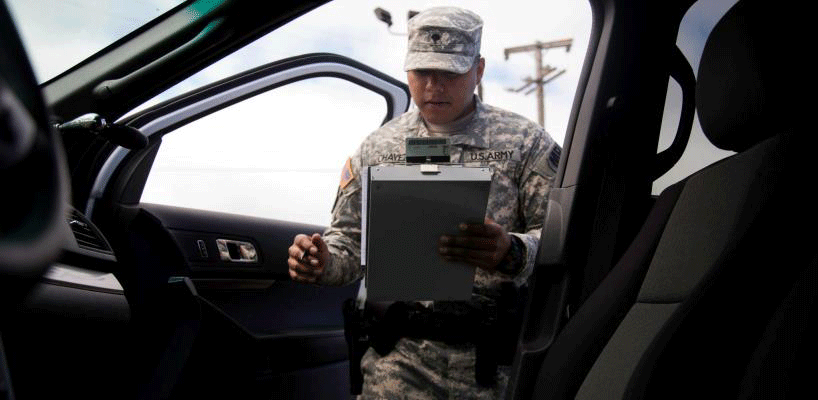A quiet declaration by the U.S. Department of State of “persona non grata” of two Chinese intelligence officers was revealed by the New York Times recently, and the duo and their families were expelled from the United States. What did they do to warrant expulsion? They made their way onto an unidentified U.S. military base, and attempted a “drive about,” until they were blocked from their progress by one of the base’s fire apparatus.
While the NY Times doesn’t identify the base, it is believed to have been Naval Air Station Oceana (NAS Oceana), home to about 10,500 active Navy personnel and 4,500 civilian employees. Oceana hosts two Hornet and Super Hornet squadrons and 18 fleet squadrons. In addition, Naval Special Warfare Development Group (NSWDG), commonly known as DEVGRU (DEVelopment GRoUp) or SEAL Team Six is also headquartered at NAS Oceana.
Thus, there is plenty going on to interest curious Chinese intelligence officers.
How the Chinese intelligence intrusion went down
Demonstrating both arrogance and brass, the Chinese presented themselves at a checkpoint for entry onto the base. The guard on duty explained that the base was closed to them and asked the party to turn around. As is normal, the U-turn is immediately “after” the guard station. Instead of making the U-turn as instructed, the party of four (two Chinese diplomats and their spouses) opted to take a joy ride through the base.
The chase was on.
The Chinese did not stop until their path was blocked by the base’s fire trucks.
When confronted and asked what exactly they were doing, they feigned lack of linguistic understanding of the guard’s instructions and had become lost on the base.
The NY Times, citing “American officials” offered the speculation that the Chinese were testing the security of the NAS Oceana, as a prelude for a future reconnaissance mission. Had they been successful in this seemingly passive intrusion, then a collection operation would have followed at some future date.
China MFA protests
Not surprisingly, the Chinese foreign ministry protested the expulsion of their “diplomats,” asserting that the two couples had simply become lost and misunderstood the directions to leave NAS Oceana. Their statement:
“The US accusation on our officials is completely inconsistent with the truth. We made stern representations and protests to the US side. We urge the US to correct its mistake, withdraw this decision and protect Chinese diplomats’ legitimate rights and interests according to the Vienna Convention on Consular Relations. We’d like to remind the US that it is a reciprocal process for countries to grant work-related convenience and guarantee to foreign diplomats following the Vienna Convention on Consular Relations.”
Quietly, Chinese diplomats in Washington D.C. are attempting to conflate and associate the expulsions as retaliatory for the harsh treatment meted out to U.S. political officer, Julie Eadeh in Hong Kong. The Chinese mounted an intense propaganda campaign which named Eadeh as the “black hand” behind the democracy protests. In addition the Chinese effectively DOX’d (sharing private information about an individual in a public forum).
Should Chinese diplomats be placed on a short leash?
Unlike their Russian counterparts, Chinese diplomatic personnel (including those intelligence officers under diplomatic cover) do not have to file travel plans with the Department of State when their travels take them beyond a 25 mile radius of their mission. The Chinese have the ability to travel anywhere in the United States, without notifying any U.S. entity. The distance between NAS Oceana and the Chinese Embassy is 200+ miles, not exactly a spur of the moment Sunday drive.
In October, shortly after the intrusion onto NAS Oceana, the Chinese mission was informed that going forward they are required to notify, in advance, when members of the mission are meeting with local officials or visiting educational or research entities in the U.S.
No doubt the counterintelligence offices of the FBI and their field offices would benefit from having movement declared when exceeding the 25 mile radius of their mission.




